by Seema Sharma
Email Marketing Stage 1: Establishing subscribers, content ideas and platforms
In our next series of blog posts, we’ll be covering practical approaches to email marketing for the scientific sector, which include the life sciences and related biotech, pharmaceutical and medical diagnostics fields. In this post, we’ll take a look at establishing your list, content ideas for the scientific sector, prerequisites for a good digital strategy, and platforms to consider. Our next articles will cover, content, layouts, A/B testing, KPI’s and metrics.
Background and key groundwork
B2B email marketing in the life sciences and related sectors, requires critical differences in approach to the B2C and retail areas to be effective. A strong content hub, relevant to your scientific audience is a critical prerequisite to an effective email campaign. You should include content thats relevant to all of the personas that are interested in your product offering. In fact, identifying your target customers, their demographics and personas, including a typical journey to purchase, is a critical task for planning your entire digital marketing strategy — including email.
If you don’t know who your customers are, or their buying habits — finding that out is your first crucial step in the process. Typical customers could include academic researchers, industry researchers, clinicians and lab managers, amongst others, dependent on your company offering. They may need further subdivision if they intersect with different research focusses, clinical specialisms or stage of career. If you have sufficient numbers of each intersect – you need to produce tailored or specialised content that is deemed valuable to that demographic.
‘Identifying your target customers, their demographics and personas, including a typical journey to purchase, is a critical task for planning your entire digital marketing strategy.’
To be the most effective, subscribers should be expecting to receive an email from you, having opted in actively. Note that the forms and opt-in need to be compliant with the data laws in your country, (GDPR compliant opt-in and emailing is required in the UK!).
Email capture and content ideas
Establishing your list requires a clear understanding of who you want to engage and capture as a subscriber. A good approach is to use a ‘give-away’ that is relevant to them. ‘Give-away’ is used in the broad sense here, to mean anything from your content hub that they would find useful. For those of you that like inbound terminology – this is sometimes referred to as ‘top of the funnel content.’
Some online content ideas for the life sciences or scientific sector include:
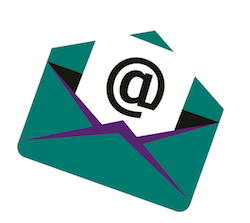
- Industry-specific reports
- e-books / blog posts on recent scientific research developments
- Webinar access
- Research or clinical training video access
- How-to technical summaries or research methodology guides
- Posters, including pathways or disease mechanisms
- New research discoveries and summary infographics
- Interactive competitions that have research relevant prizes
to name a few…..
The latter all need to be posted on a landing page, with a plan to drive traffic to that page. Gating this content to include an email capture form that allows for key demographics, (e.g name, job, title, research field or clinical specialism and permission to contact etc.,), is a great way to expand and establish your subscriber list.
SEO optimisation of your landing page will help it perform well organically. Promoting it through existing channels, like Social Media accounts can help spread the word and will ensure you have an integrated approach to your marketing across channels.
You can also use a PPC (pay per click) approach here, using Google adwords, or Social Media advertising (promoted tweets, facebook ads etc.,). However, be sure to do an A/B test to optimise the format and wording that performs best, and set a small budget in the first instance. This will allow you to gauge performance against parameters for quality leads, before committing to a full campaign. Not doing so can mean you have sub-optimal performance and can heavily overspend very rapidly.
Some offline ideas to expand your subscriber list include:
- Organising events with key speakers on relevant research topics and including opt-in forms as part of the registration process.
- Alternatively, exhibition leads who opt-in at your booth in return for a give-away or competition.
Deciding between email providers
There are an ever increasing range of email platforms available on the market, that claim to solve all your email marketing problems. The current trend is for complete marketing automation solutions that cover all digital touch points with customers (email, social, web and mobile app communications). They include email marketing as part of the offering.
Key considerations when selecting an email provider or marketing automation software:
-
- Your budget
- Ease of integration with existing CRM systems
- The complexity of your emailing. (Some platforms only allow for a certain level of complexity).
- Road test a free version thoroughly, (if its available).
- Use recommendations — Do you know someone else that’s used a platform? Chat to them about the pros and cons of using it and any headaches they encountered.
- Data considerations – I recently worked with a client whose promise to its customers was that their data would not be transferred outside of Europe. As such, we had to exclude many platforms, as many data servers are housed in the US.
- Level of HTML and IT expertise in-house — Most platforms will require a certain level of HTML knowledge to allow for the creation of a unique template that will appeal to your target customers. There are off the shelf-templates in many platforms, that allow for drag and drop template design with reasonably straight-forward UI’s, but they will most likely need customisations to fit your branding, content and layout needs. Some platform providers have in-house template development and support as an add-on cost.
Note, they’ll also be basic things to do on your site like DNS entries, to ensure the email is coming from your domain, alongside this. Also, if you are at the larger company end of the spectrum, and have other platforms in-house like Salesforce or an alternative CRM system, you’ll need to consider how to integrate your chosen email platform with it.
Email platforms to consider
(NB: This list is not exhaustive and in no particular order. Monthly subscription costs of the most basic package available are shown in brackets)
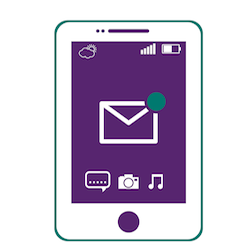
MailChimp
-
-
-
-
-
(Free for <1000 subscribers)
Hubspot
Marketo
Oracle Eloqua
-
-
-
-
-
($2000 for <10K contacts)
Campaign Monitor
Adobe Campaign
-
-
-
-
-
(Pricing information not available)
Pardot by Salesforce
-
-
-
-
-
($1250 for <10,000 subscribers)
Zoho Campaign
-
-
-
-
-
(Tiered according to subscribers/emails.Prices start at $3 for <500 emails)
Emma
dotMailer
Get Response
Active Campaign
Red Cappi
NewZapp
Newsletters2Go
-
-
-
-
-
(free basic plan or $20 per month with more functionality)
Email Templates and Layout
Your layout should be reflective of your company’s brand and instantly recognisable as coming from you. A strongly branded header and footer can help with the latter. It’s tempting to add a lot of text heavy technical content into individual emails if you work in marketing the life sciences, or related Biotech and Pharma fields, but incorporating several images is crucial to make your content appealing.
Subscribers like to click on images and they help considerably as content teasers. Consider what these images might routinely be for your company, (e.g product images, research data and graphs, cellular microscopy images, etc.,), what size they would look optimal at, and how many it would make sense to have in your initial template. You can of course, produce several variations if you’ll have say one template for events, with a venue displayed, another for product offers and another for new content from your hub. Calls to action should be clearly visible as clickable buttons and include action words (join, view, download etc.,) to encourage readers to act and maximise click through rates.
You’ll need HTML, (preferably responsive!) and text based templates. Mobile optimisation is key for emails, with a sizeable shift in individuals using their mobile devices to read and interact with this channel, in the past few years. However, before you invest too much time optimising, check what proportion of your subscribers are opening your emails this way. Also, note that if you are using a responsive template, much of the optimisation will be automatic across devices.
Regardless of whether you have a responsive template in place, you’ll need to keep your subject line between 25-30 characters for mobile, to display correctly without being cut off. Additionally, call to actions should be centred, high-up in the email, clearly visible on your device and have enough space around them so readers do not click multiple links at once. Importantly, note if you use a pre-header — a short line of text to provide context and act as a lead-in for your subject line, you can significantly improve engagement.
Finally, there’s a legal bit — you must include your fully registered company contact details and an unsubscribe option in all emails,to comply with global data laws.
Lead nurturing and cadence
As mentioned previously, it’s really important to know the personas of your customers, and their typical journey to purchase. If you are at the early stages of setting up a company, you may not have this knowledge to hand and you can use your email marketing and other channels to help feed data into this.
New lead that you capture through gated content, or at an exhibition, typically need some time to develop trust in your brand, and have sufficient product awareness before they commit to purchase, or can become qualified as sales leads. As such, you need to have a clear plan for your e-campaign to send content that enables this conversion.
Here are some key questions to ask yourself, before we move on to the next stage of content planning:
What would develop kudos and trust in your brand at the early stages of your e-campaign?
To provide an example — if a cohort of your subscribers are researchers in a specific field – for example immunology, this could be a content piece on a newly discovered immunology pathway with input from a pre-eminent person in the field who is a current customer, or details of your companies attendance at a high-profile immunology conference or, alternatively, a link to a high-impact peer review publication featuring your product.
Ask yourself — how can you introduce your product in a way that would appeal to your subscriber and solve their problems or enhance their work?
Describe how you can solve a research or technical problem for your subscriber to create the context and need for your product and service.
Email cadence, or how often you contact your customers is important to factor when you schedule your campaign. You don’t want to bombard your subscribers with information that results in annoyance and a rise on unsubscribes. However, you want to make sure you contact them enough to ensure that brand awareness is maintained. Bi-monthly emails may be a good starting point. Above all, the key is to send valuable and relevant content and keep your eye on KPI’s for engagement and unsubscribes, to see what is working. Subsequently, you can then adjust your content plan.
In our next post, we’ll discuss email content, layouts, A/B testing, KPI’s and metrics.
Finally, good luck with your email marketing campaigns!
If you need help with your email marketing Get in touch with us now


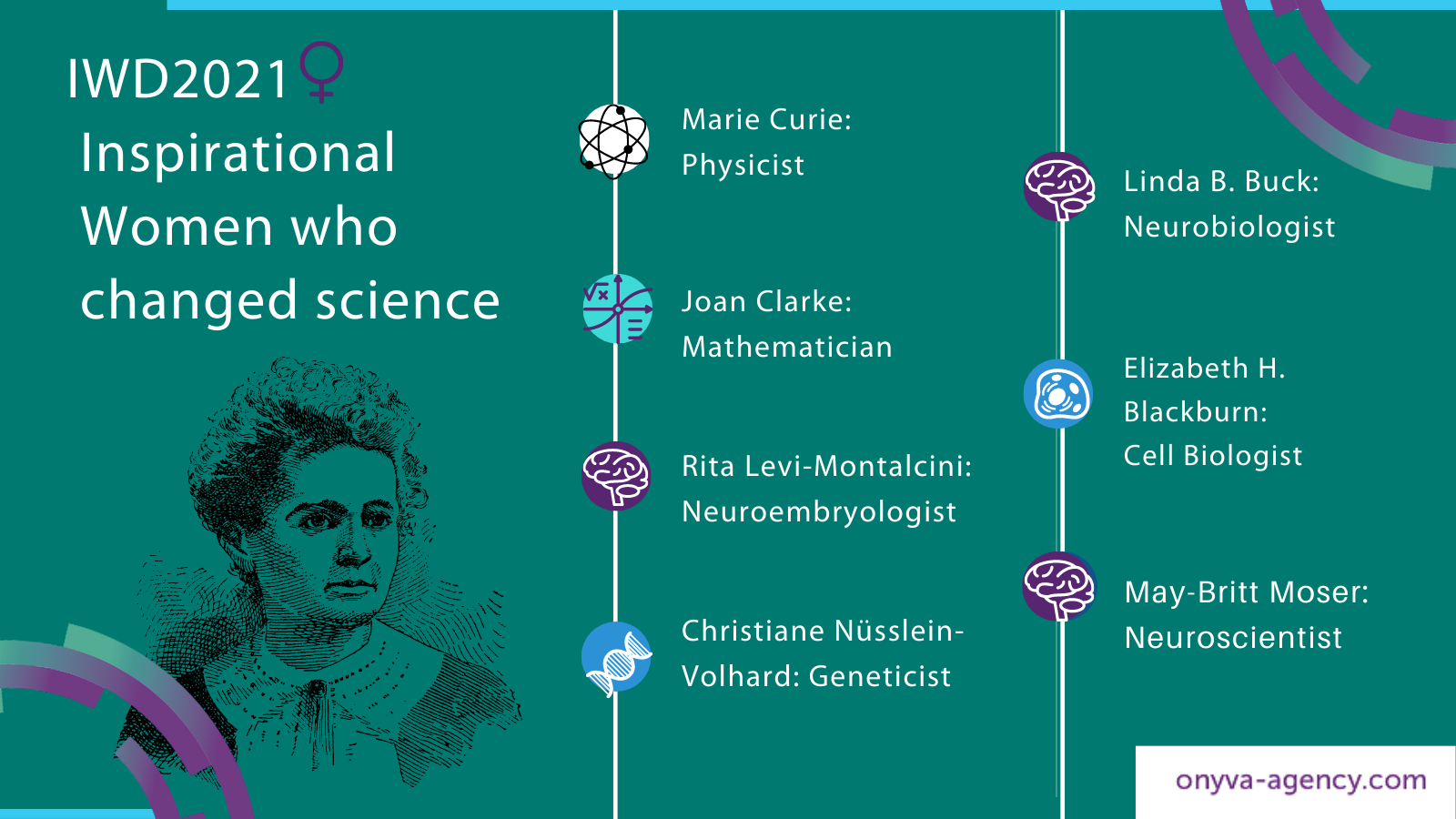

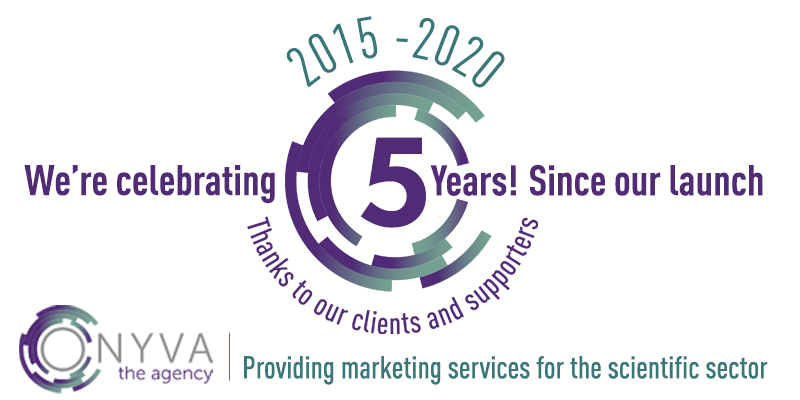

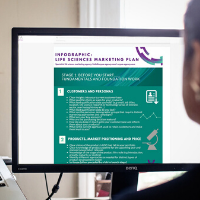
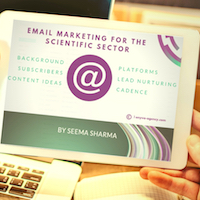
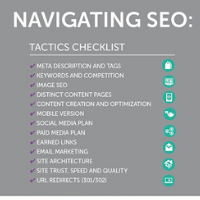
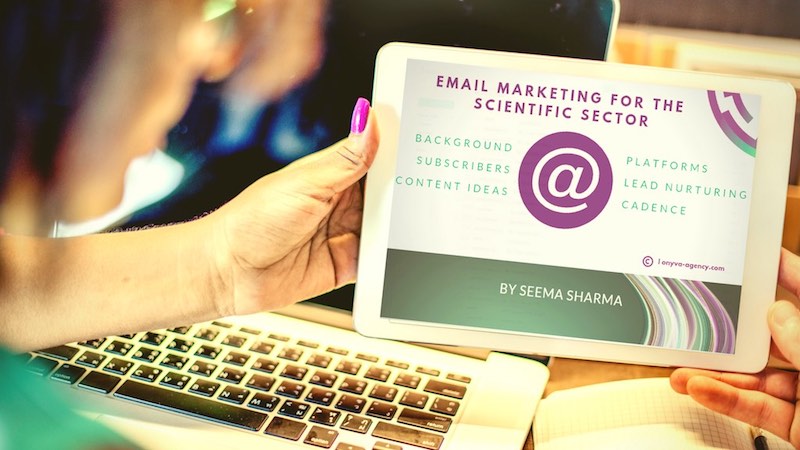


 ‘Since our launch, we have worked successfully to bring a diverse range of marketing solutions to our clients in the life sciences, tech and scientific fields. We look forward to the year ahead, with the aim to provide the best possible scientific marketing services.’ –
‘Since our launch, we have worked successfully to bring a diverse range of marketing solutions to our clients in the life sciences, tech and scientific fields. We look forward to the year ahead, with the aim to provide the best possible scientific marketing services.’ – 
